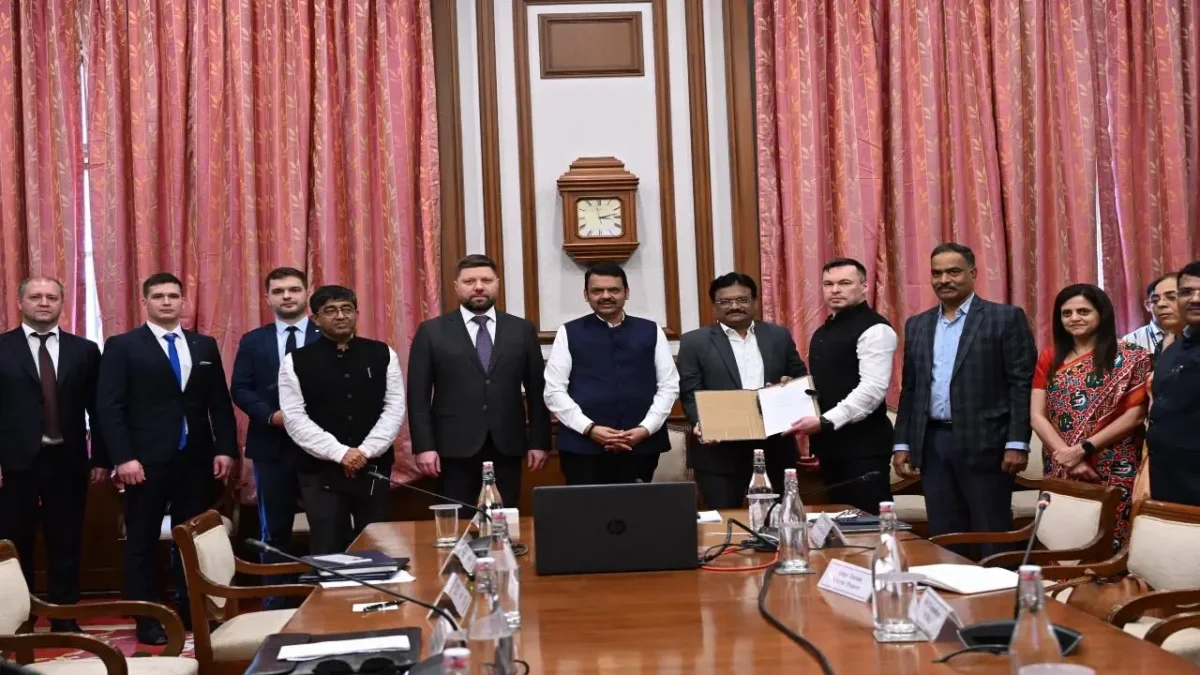Maharashtra-ROSATOM Partnership for Thorium Reactor
Recently, Maharashtra signed an MoU with Russia’s state-owned company ROSATOM for the development a Small Modular Reactor (SMR). This initiative is notable as it is the first time a state government has ventured into nuclear energy development, traditionally under the purview of the Department of Atomic Energy (DAE). The project will proceed only after receiving approval from the central government.
Objectives of the MoU
The primary goal of the MoU is to collaboratively develop a thorium reactor in Maharashtra. It aims to commercialise thorium reactors while adhering to the safety standards set by the Atomic Energy Regulatory Board (AERB). Additionally, the initiative seeks to establish a local assembly line for thorium reactors under the ‘Make in Maharashtra’ campaign.
Key Participants
The MoU was signed between Maharashtra State Power Generation Co Ltd (MAHAGENCO) and ROSATOM’s Small Modular Reactor initiative. The Maharashtra Institution for Transformation (MITRA) will provide strategic support for the project. A joint working group will be established to ensure effective coordination and research.
Safety and Regulatory Compliance
All activities related to the project will comply with the guidelines of the Government of India and AERB. Legal provisions and safety protocols will be strictly followed during implementation. This commitment to safety is critical given the sensitive nature of nuclear energy.
Background on Thorium and Nuclear Energy in India
India has extensive capabilities in the nuclear fuel cycle but currently lacks operational reactors using thorium. The country is developing the Prototype Fast Breeder Reactor (PFBR), which will initially use Uranium-Plutonium Mixed Oxide (MOX) fuel. The PFBR is designed to eventually utilise thorium-232, which will be converted into fissile Uranium-233. This transition is essential for tapping into India’s vast thorium reserves.
Advantages of Small Modular Reactors
SMRs offer several advantages over traditional nuclear reactors. They are typically safer, more efficient, and can be deployed in smaller, modular units. This flexibility allows for easier integration into existing energy systems. The PFBR’s advanced safety features ensure a prompt shutdown during emergencies, thereby reducing risks associated with nuclear energy.
Future Prospects
The collaboration between Maharashtra and ROSATOM could pave the way for advancements in India’s nuclear energy landscape. Successful development of thorium reactors may lead to increased energy security and reduced reliance on fossil fuels. The project aligns with India’s commitment to sustainable energy and technological innovation.
Month: Current Affairs - April, 2025
Category: Science & Technology Current Affairs







